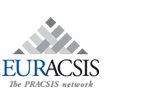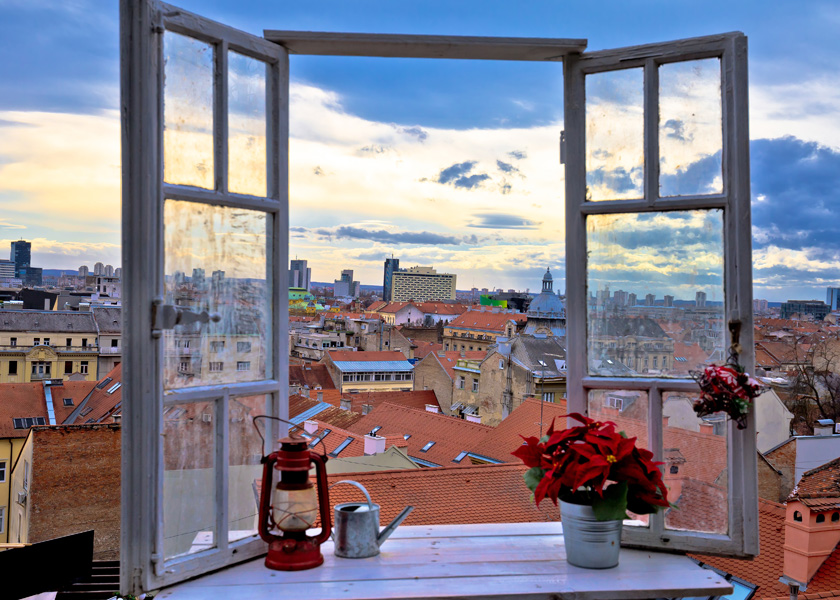Conference on Judicial Communication and Journalists’ Safety
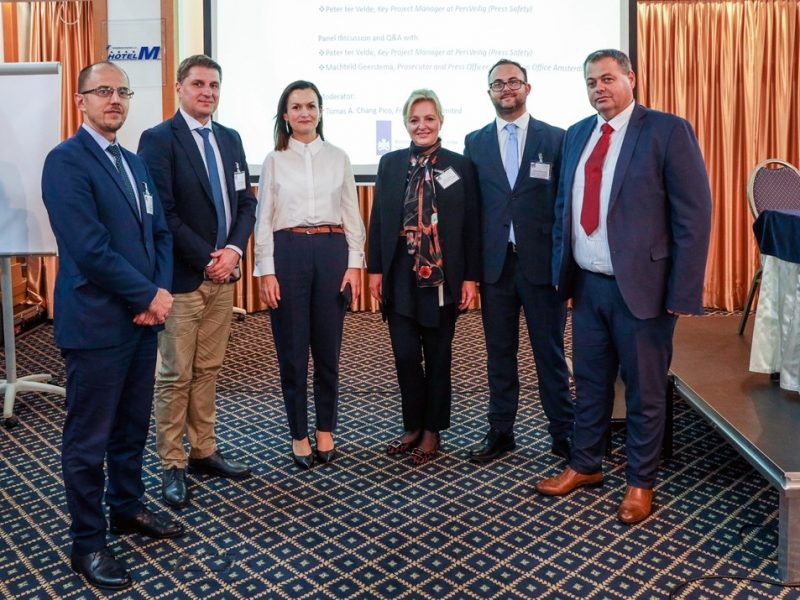
Strengthening Media Freedom in Serbia, North Macedonia
and Bosnia and Herzegovina
October 2022, Belgrade, Serbia
On 13 and 14 October 2022, the Conference on Judicial Communication and Journalists’ Safety was held in Belgrade as part of the Strengthening Media Freedom in Serbia, North Macedonia, and Bosnia and Herzegovina project. Together with their partners, the Netherlands Helsinki Institute reflected on different communications models for the judiciary, ensuring the safety of journalists and, above all, ways to bridge the crucial work of the media and the judiciary.
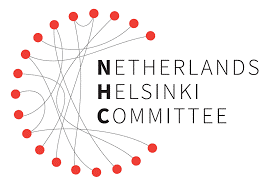
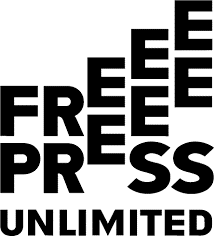
The event was opened by Joost Reintjes, Ambassador of the Netherlands to Serbia, Kirsten Meijer, Executive Director of the Netherlands Helsinki Committee, and Ruth Kronenberg, Executive Director of Free Press Unlimited. The speakers emphasized the crucial position of the judiciary and media and their close cooperation for democracy and accountability.
„If journalists are silenced, a vital pillar of a functioning democracy is crushed. It means that an institution essential to a free society is neutralized. The loss of free, independent media is a loss of democracy “, said Kirsten Meijer, Executive Director at the Netherlands Helsinki Committee.
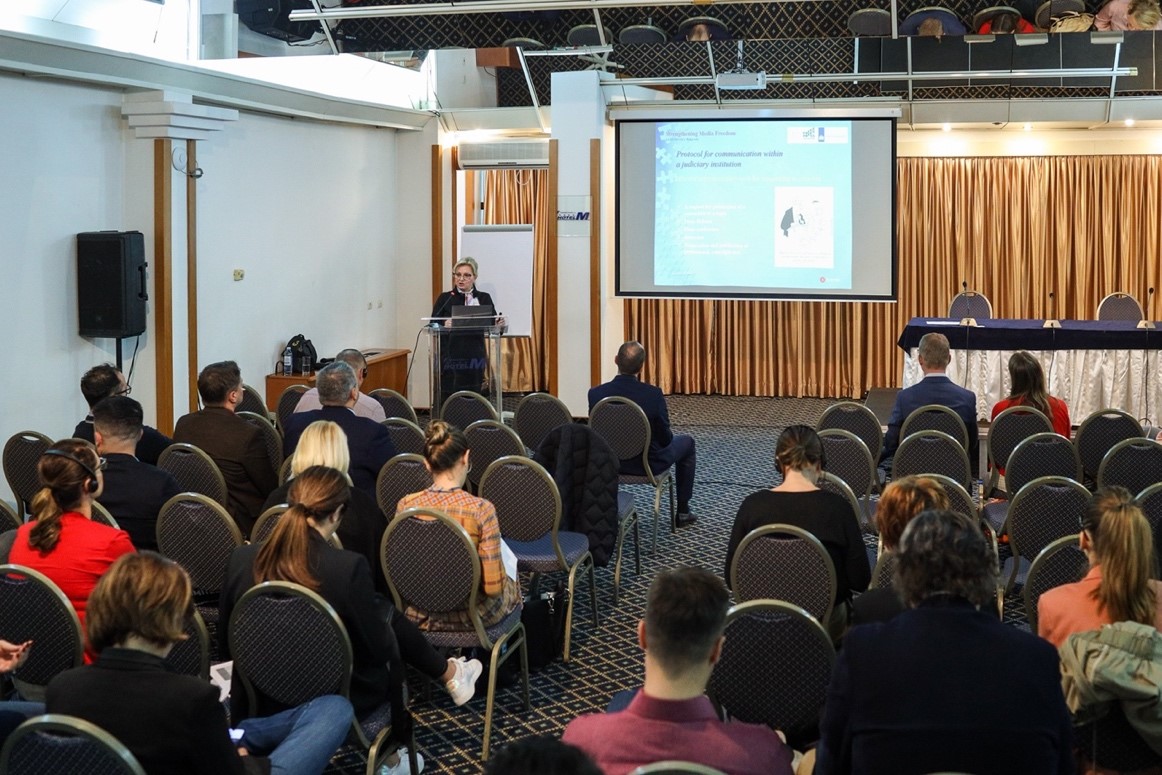
Andrej Bozhinovski, Doctoral Assistant in Criminal Law, University of Zagreb, presented the Macedonian model of cooperation between the media and judiciary and explained what role the Judicial Media Council plays in mediating and maintaining this relationship. Denis Preshova and Tanasija Marinković, professors at the University of Belgrade, presented their research findings concluding that the judicial culture in the region is still predominantly formalist, with the judiciary struggling to act independently, demonstrating a high level of legislative deferral and political obedience.
The plenary session focused on research investigating how Western Balkans journalists perceive the judiciary’s work. The comparative study conducted by Snežana Trpevska, a researcher from the Research Institute on Social Development – RESIS, established that there is still a lot of room for improvement in building trusted relationships between the media and the judiciary. Journalists interviewed for the research noted that the relationship between the two institutions is still dominated by secrecy and fear; the information and documents from courts are difficult to access, while judges and court presidents are rarely available to journalists for additional comments.
Ksenija Renko, Senior Communication Expert from Jupiter Strategic Consulting, Zagreb, Croatia, presented the importance of establishing effective communication with the media for judiciary and courts. She stressed that courts today have a great responsibility to tell their convincing story about what they do and how they do it and to convey the messages of the court to show the citizens that the judiciary, as the third branch of government, plays a vital role in their everyday lives. Only such strategic, planned, and proactive communication can ensure reliable partnership with the media and the well-informed public, a positive perception of the judiciary and citizen’s trust and faith in courts, understanding and credibility of the judiciary, decreasing the number of wrong interpretations and misunderstanding of the judiciary, involvement, commitment, cooperation and the productivity of court employees, and satisfaction of the end users of courts, concluded Ksenija Renko.
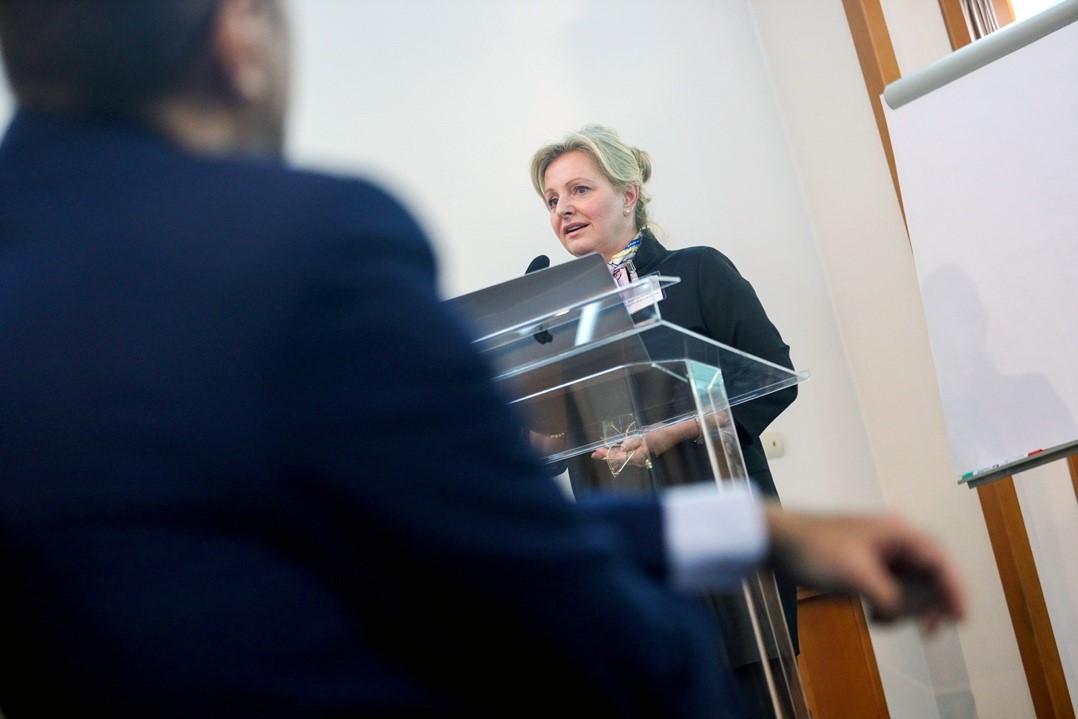
Dragan Sekulovski, executive director of the Association of Journalists of Macedonia, talked about the state of journalist safety in the Western Balkans and established that the impunity for crimes against journalists is one of the main problems alongside the poor implementation of the laws and institutional pressure on journalists. Peter ter Velde talks about the Dutch example of handling harassment and intimidation cases against journalists. He presented a project called PersVeilig (Press Safety) that implemented special protocols in the Netherlands on how journalists, police, and judiciary members should act in case of incidents and crimes against journalists.
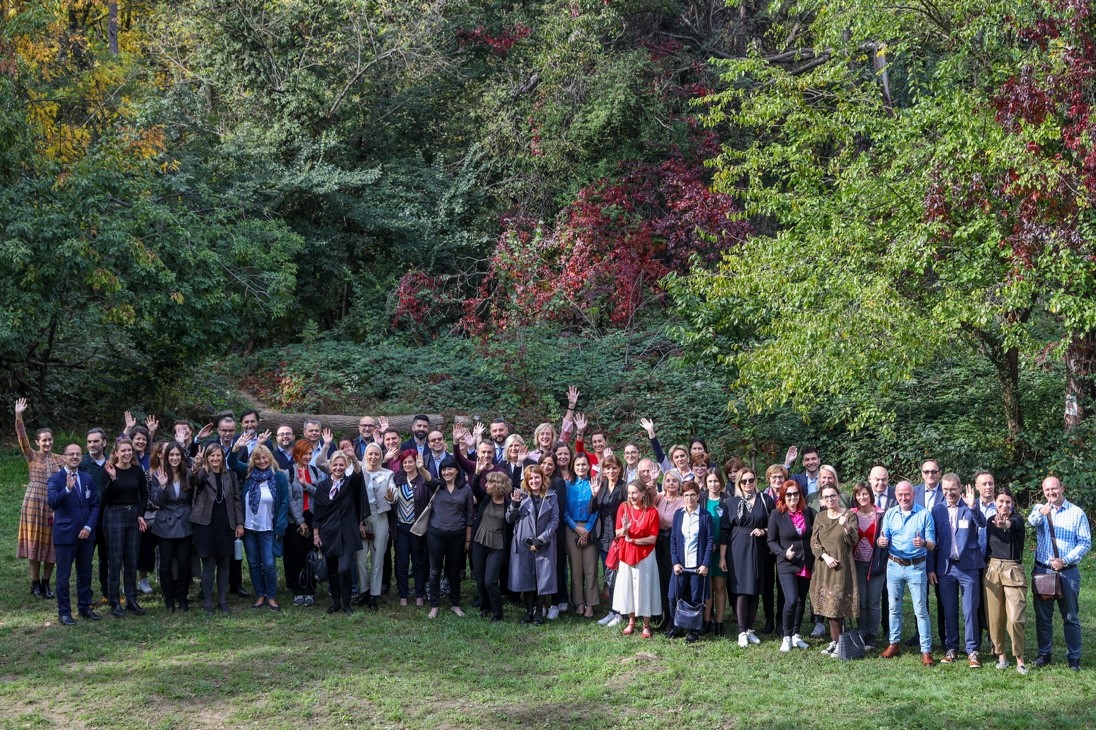
Strengthening Media Freedom in Bosnia and Herzegovina, North Macedonia, and Serbia is a project that combines training, advocacy, and capacity building of the judiciary and media. The importance of the project lies in the complementary nature of the roles played by the judiciary and media, which together ensure the accountability of those in power and enforce the rights of individuals. The main objective is to improve the relationship between the judiciary and the media by creating a platform for exchange between the two professions.
Freedom of the media is the cornerstone of a well-functioning democracy, and journalists are vital watchdogs who ensure governments respond to citizens’ needs responsibly. Unfortunately, the media sector in Bosnia and Herzegovina, North Macedonia, and Serbia is not always able to function safely. Journalists have been harassed, attacked, and killed for doing their job. This project improves the capacity of the judicial sector to respond adequately to the threats journalists face while improving the conditions under which the media operates. Each participating country’s wide variety and diversity calls for country-specific approaches to be recognized. By working with journalist associations, the Judicial Trainings Centers, and civil society, the project aims to be as inclusive as possible to yield satisfactory outcomes for all its stakeholders.
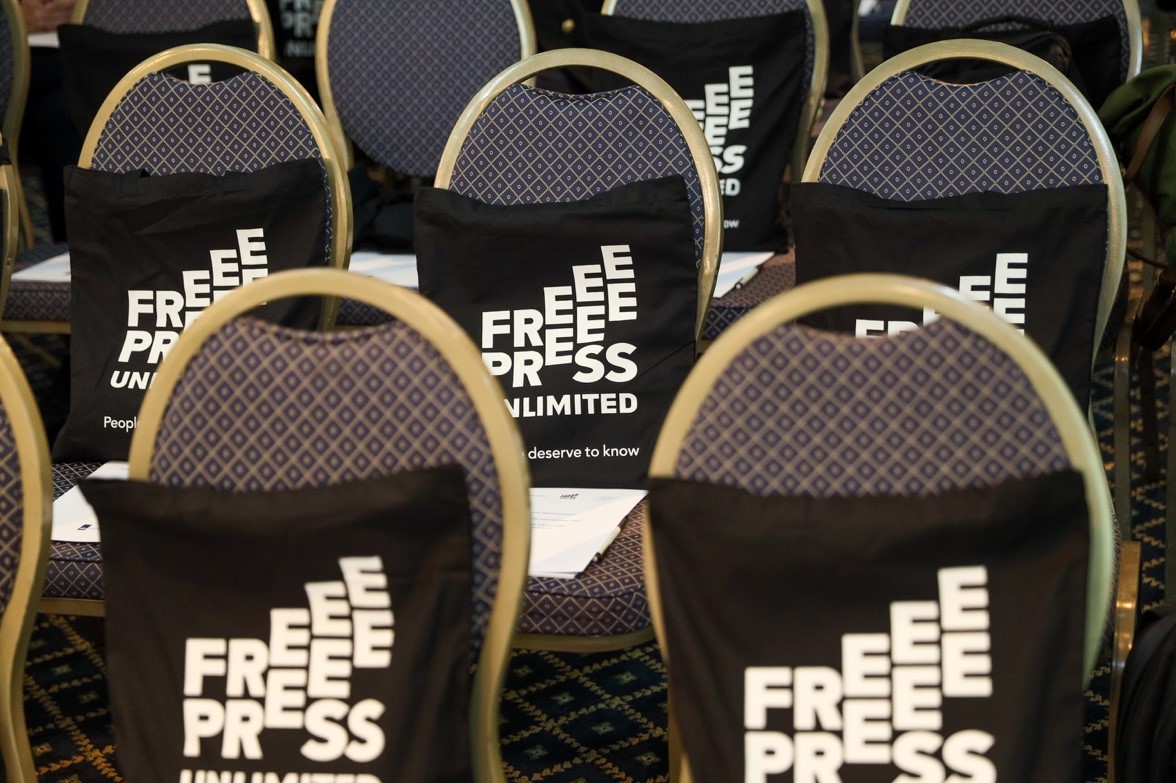
To achieve the project’s aims, the Netherlands Helsinki Committee works together with a number of Dutch institutional experts in this field: Training and Study Centre for the Judiciary (Studiecentrum Rechtspleging), the Prosecution Office (Openbaar Ministerie) and the Netherlands Association of Journalists (Nederlandse Vereniging van Journalisten). The Netherlands Helsinki Committee cooperates on this project with partners from Bosnia and Herzegovina, North Macedonia, and Serbia: The Judicial Training Centers for judges and prosecutors and the Journalist Associations from these countries: BH Novinari, Association of Journalists Macedonia and the Independent Journalists Association of Serbia. For the activities, knowledge, and network related to the Media in the participating countries, the NHC relies on its partner in this project – Free Press Unlimited.
This project is funded by the Dutch Ministry of Foreign Affairs under the umbrella of MaTra projects.
(Photos and text courtesy of the Netherlands Helsinki Committee and Free Press Unlimited.)

